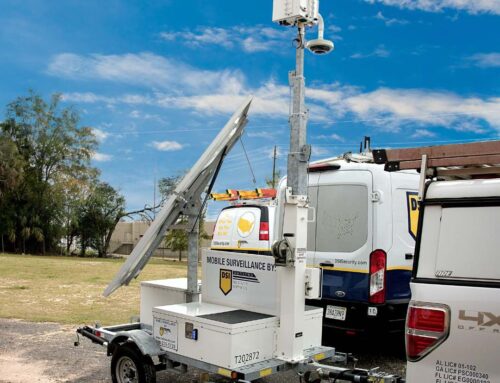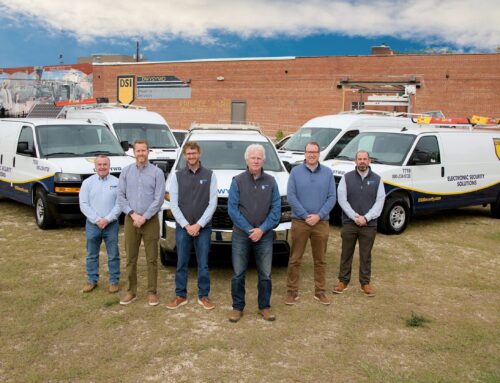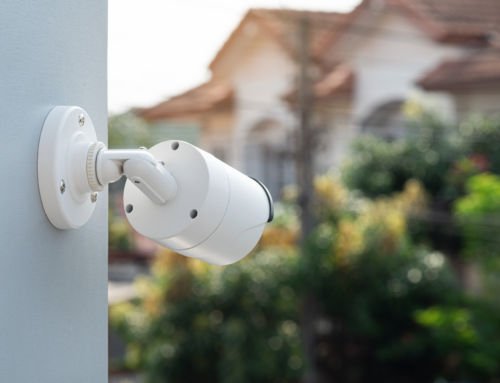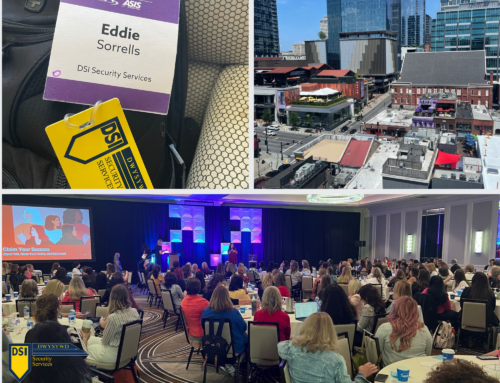By Jamie Ridenhour
The concept of the modern security agency dates back to the 1850s, but it was not until the early 20th century that regulation of the industry started to occur. Most of the current regulation that applies to private security agencies was not put in place until after 1950. As in most industries, regulation can be helpful or hurtful, but the benefits outweigh the costs, both for security providers and for the public.
As we discussed in From Watchman to Officer, the concept of the security agency that we see today can be traced directly to the establishment of the Pinkerton Agency in 1850. Created to combat crime in an era of little law enforcement, the Pinkerton Agency quickly became a national force. In the post-civil war years, the company had more agents than the U.S. Army and was even contracted by the U.S. government to assist the Department of Justice in fighting crime.
With the increased authority came increased power and increased scrutiny. Late in the 19th century, the Pinkerton agency was hired for several roles that became high profile incidents. Among them were strike-breaking, infiltrating labor unions, and investigating college newsletter editorial writers. Public perception soured on private security and by the end of the century the Anti-Pinkerton Act was passed, which forbade the U.S. government from hiring private security agencies.
It is not hard to understand why increased regulation would soon follow the relatively uncontrolled private security environment of the 1800s. California was the first state to license and regulate private detectives in 1915. Other states were slow to follow, though, and it took until the end of the 20th century for meaningful regulation to appear in most states. Even today regulations vary widely from state to state.
A good example of the disparity in regulation is the amount of training required for licensing of new security officers. One state requires 48 hours of training while some states require none. Some states have training requirements for armed guards, but none for unarmed guards. There are some states with no licensing requirements at the state level, leaving each city to create and enforce their own rules. Denver has licensing requirements, while Colorado does not.
This inconsistency in regulation along with relatively lax rules in some states can be an issue for companies looking for reliable security. Organizations want to know that the officers contracted to them are reliable, well trained, and trustworthy. Having at least minimal requirements make it easier to ascertain the quality of personnel that will be assigned.
Reasonable training and qualification requirements help firms to hire better candidates and retain them longer while overly complicated or long training requirements are detrimental to companies acquisition of employees. A well vetted and adequately trained officer often takes more pride in their position and becomes a valued asset to the agency and the organization they protect.
One of the many impacts that the Covid pandemic has had is a drastic increase in the number of security personnel in 2021. There are now well over a million security guards employed in the United States. Conflicts over mask requirements and reactions to protests in some cities have brought some unwanted negative attention to the industry, though. Lawsuits over misuse of force have been in the news, culminating in the killing of a protester in Colorado by an unlicensed security guard. With private security officers outnumbering police, there is a societal pressure for more regulation.
The growth of the industry and some negative press may very well mean that increased regulation will be on the horizon. There will likely be demand for more thorough reviews and checks in many areas and states without regulations may adopt them. Training requirements will probably increase, especially in areas where they are currently minimal. It is important to strike a balance when looking at vetting and training requirements that they be reasonable and qualitative.







